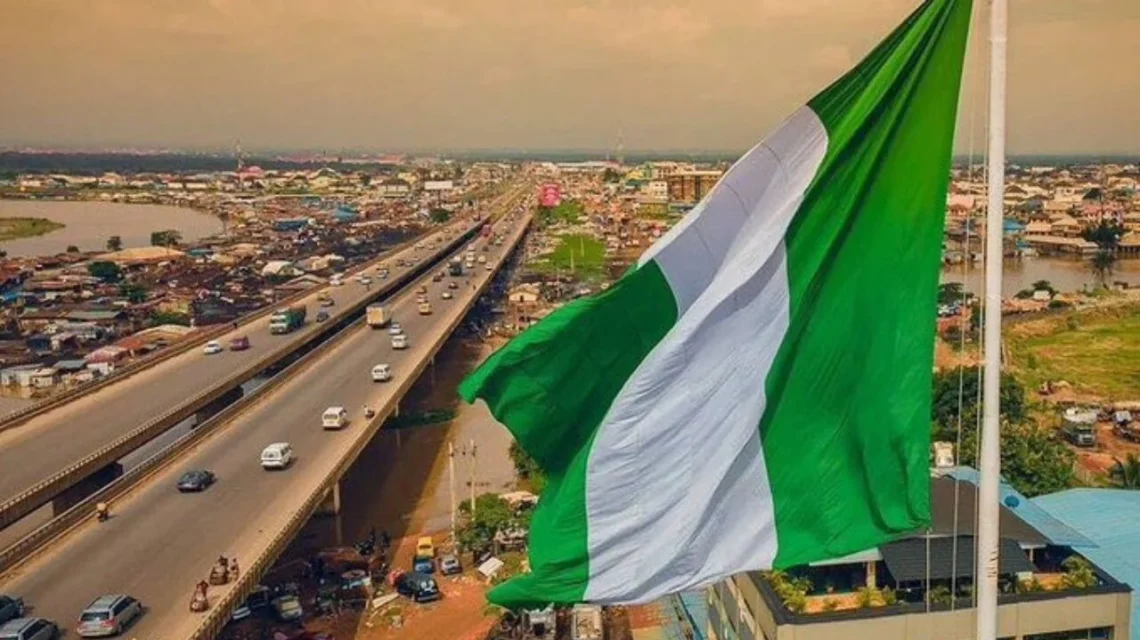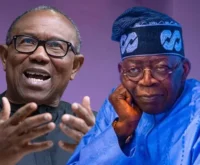The history of Nigeria is rich and complex, spanning thousands of years. Here’s an overview:
1. Early Civilizations: The region that is now Nigeria has been inhabited for thousands of years. Ancient civilizations such as the Nok civilization (circa 1000 BCE – 300 CE) and the Igbo-Ukwu civilization (9th century CE) left behind significant archaeological artefacts, indicating advanced societies.
2. Medieval Kingdoms: Nigeria was home to several powerful kingdoms and empires, including the Kanem-Bornu Empire in the north, the Hausa city-states, the Oyo Empire in the southwest, and the Benin Empire in the south. These kingdoms were known for their political organization, trade networks, and cultural achievements.
3. Transatlantic Slave Trade: Nigeria, like many other parts of Africa, was deeply affected by the transatlantic slave trade, which lasted from the 16th to the 19th centuries. Millions of Nigerians were captured and sold into slavery, leading to significant social and economic disruption.
4. Colonialism: The British Empire established control over various parts of Nigeria through a series of treaties, wars, and alliances during the 19th century. In 1914, the territory was amalgamated into the Colony and Protectorate of Nigeria. British rule had a profound impact on Nigerian society, introducing Christianity, Western education, and modern infrastructure while also exploiting its resources.

IJEBU ODE, OGUN STATE, NIGERIA- AUGUST 23, 2018: Members of a cultural troupe dances to entertain spectators during the Ojude Oba festival in Ijebu Ode, Ogun State.
5. Independence: Nigeria gained independence from Britain on October 1, 1960, becoming a republic three years later. However, ethnic and religious tensions, exacerbated by colonial policies, soon emerged.
6. Civil War: In 1967, the southeastern region, predominantly inhabited by the Igbo ethnic group, declared independence as the Republic of Biafra, leading to a brutal civil war that lasted until 1970. The conflict resulted in millions of deaths from fighting, famine, and disease.
7. Post-Independence Challenges: Since independence, Nigeria has faced numerous challenges, including political instability, corruption, ethnic and religious conflicts, economic inequality, and poor governance. Despite being rich in natural resources, many Nigerians continue to live in poverty.

Traffic in market street.
Lagos, Nigeria, West Africa
8. Democratic Transition: Nigeria has experienced periods of military rule interspersed with civilian administrations. In 1999, after years of military dictatorship, Nigeria transitioned to democracy with the election of Olusegun Obasanjo as president.
The history of Nigeria is dynamic and multifaceted, shaped by a combination of internal and external forces, and it continues to evolve in the modern era.

 Bauchi Governor Sacks Security Adviser, Ahmed Chiroma
Bauchi Governor Sacks Security Adviser, Ahmed Chiroma  Bloodshed in Kashmir: Soldiers Fall in Line of Duty
Bloodshed in Kashmir: Soldiers Fall in Line of Duty  Kill 3,Bandits Attack Zurmi Emir’s Palace.
Kill 3,Bandits Attack Zurmi Emir’s Palace.  Tinubu’s decision not to pay ransom to the kidnappers
Tinubu’s decision not to pay ransom to the kidnappers  Don’t Obstruct EFCC From Performing Its Duty, Justice Minister Warns Politicians
Don’t Obstruct EFCC From Performing Its Duty, Justice Minister Warns Politicians  Anti-Graft Agency EFCC Barricades Ex-Governor Yahaya Bello’s
Anti-Graft Agency EFCC Barricades Ex-Governor Yahaya Bello’s